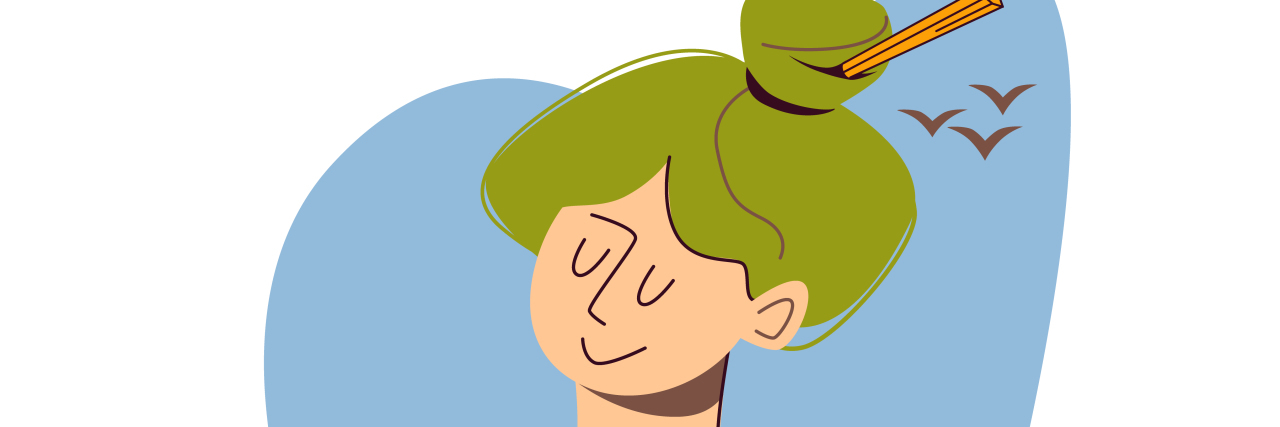As of July 2020, I’ve been 9 months seizure-free. Undoubtedly, that’s the longest time in my life since I was diagnosed. I’ve had epilepsy since the age of 14. It stems from a condition developed in utero called periventricular nodular heterotopia. In layman’s terms that means in development, my neurons clumped out instead of spiraling out.
The new medication I’m on, Xcopri, has kept grand mal seizures from occurring on a weekly basis. I have received so many wonderful words of encouragement over the past few months. A few, however, have somewhat missed the mark. For example: “You’re cured,” and “Your life is carefree and fun now!” Well, that’s not the case. There’s no cure for epilepsy. Those innocent comments have helped me realize one thing: I may be seizure-free, but I’m not disability-free.
Other relevant stories:
• What to Do When Someone Has a Seizure
• Can a Woman with Epilepsy Have a Baby
• Medications for Epilepsy
I’ve had epilepsy for 20 years now, and at times it has been incredibly traumatizing for me and my family. Physically, it has brought years of recurring injuries, such as bloody lips, bruises, black eyes, dislocated shoulders, chipped teeth, tremors, concussions and constant fatigue. Mentally, the cognitive impairment and memory loss makes working and just living 100 times harder than it should be. Emotionally, it has fueled horrible anxiety over having a seizure, especially in public. It has caused bouts of depression over my self-worth, and sometimes leaves me buried in shame. By the way, that’s only listing a few things!
Truth be told, I get called “brave” a lot. But not having control, at times, over my own mind and body doesn’t make me brave. It makes me a person. Sharing my story doesn’t mean I’m seeking recognition or pity. I’m seeking connection and understanding, two things I have to work very hard to find, and concepts most people abandon when they learn you have a health condition. Even when I’m fully open about my disability, it is hard to explain why being cared for, or overly compensated for, doesn’t help me feel legitimate. It makes me feel less than.
When I don’t mention possible triggers of seizures, I get asked, “Why are you choosing to suffer?” I often encounter the very wrong interpretation that people with disabilities are in a state of distress and suffering. I’m a woman in my 30s, living independently, with a full-time job, and healthy during a pandemic. I’m thankfully not suffering whatsoever.
Over the years, it’s been hard to not let my epilepsy take center stage. At times, it can upstage attributes that I wish were shining instead. In reality, it’s a big part of me and my life. These past 9 months of being seizure-free have certainly made that life easier. Nonetheless, I have to remind myself I’m not disability-free. I never will be. However, what I am, what everyone with a disability is first and foremost, is a person. Probably standing or sitting right next to you.
Getty image by Тюжина Ирина.

